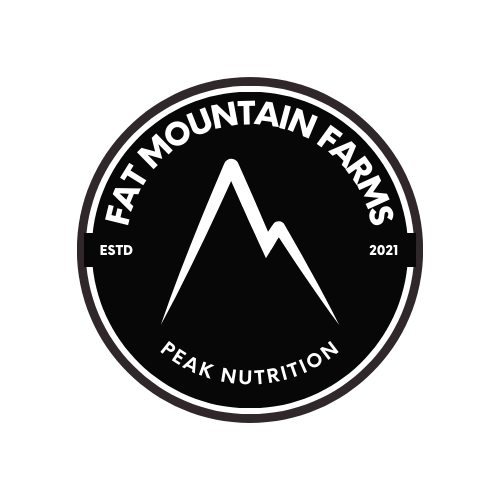The recent acquisition of Protix by Tyson Foods has raised significant concerns and sparked a wave of discussions within the food industry. This unexpected move signifies a pivotal moment in the realm of food production, particularly in the incorporation of insect protein into the global food chain. While innovation in sustainable food sources is essential, this acquisition poses several challenges and emphasizes the critical importance of knowing and supporting local farmers as the guardians of trustworthy food sources.
THE ACQUISITION OF PROTIX BY TYSON FOODS
Tyson Foods, a colossal player in the meat and poultry industry, made headlines with its acquisition of Protix, a leading company specializing in insect protein production. Protix has been at the forefront of developing insect-based protein, utilizing insects as an alternative to traditional protein sources. This acquisition has stirred debate due to the potential implications it might have on the future of food production and consumption.
THE PROBLEMATIC NATURE OF THIS ACQUISITION
The acquisition has triggered concerns for various reasons. First, it underscores the consolidation of the food industry into fewer hands. When large corporations like Tyson Foods acquire food startups, it raises concerns about the potential monopolization of the food supply chain. Such consolidation often leads to decreased competition, stifling innovation and potentially limiting consumer choices.
Secondly, the shift towards insect protein raises ethical and health concerns for consumers. Over the last thousand years, humans have evolved eating animal protein. It has been proven that animal protein is the single most efficient way to absorb nutrients than any other food source. So the sudden shift to insect protein is a huge concern as there are no long-term studies on the effects it plays on our health.
THE IMPORTANCE OF KNOWING YOUR LOCAL FARMER
In the midst of these shifts in the food industry, there emerges a critical need to reconnect with local farmers and support community-based agriculture. Knowing your local farmer offers a plethora of benefits that extend beyond merely knowing the source of your food. Local farmers often prioritize sustainable and ethical farming practices, ensuring the quality and safety of their produce.
-
Trustworthy Food Sources: Local farmers prioritize the well-being of their consumers and communities. Their meat tends to be fresher, with no use of antibiotics or growth hormones, offering a more wholesome and natural option.
-
Supporting Local Economy: By purchasing from local farmers, consumers contribute directly to the local economy, supporting small-scale businesses and fostering community growth.
-
Environmental Impact: Local farming methods are typically more sustainable and environmentally friendly, reducing carbon emissions and promoting biodiversity.
-
Knowledge and Transparency: Establishing a relationship with local farmers allows for transparency in understanding farming practices, enabling consumers to make informed choices about their food.
WHY IT'S CRUCIAL NOW MORE THAN EVER
The acquisition of Protix by Tyson Foods acts as a wake-up call, emphasizing the necessity of knowing and supporting local farmers. As the food industry undergoes substantial transformations and conglomerates extend their reach, the connection between consumers and the source of their food becomes vital.
Amid concerns about the implications of large corporations controlling novel food sources, local farmers serve as beacons of trust and reliability. With their focus on sustainable, ethical practices, and community engagement, local farmers offer an alternative to the uncertainties associated with industrial-scale food production.
In conclusion, the Tyson Foods purchase of Protix raises red flags regarding consolidation, ethics, and consumer choices. It serves as a reminder of the importance of supporting local farmers, not only for the quality and safety of the food but also for the vitality of local economies and the environment. The decision of where to source your food ultimately rests in the hands of consumers who must weigh the benefits of supporting local farmers against the potential consequences of large corporations dominating the food market.
